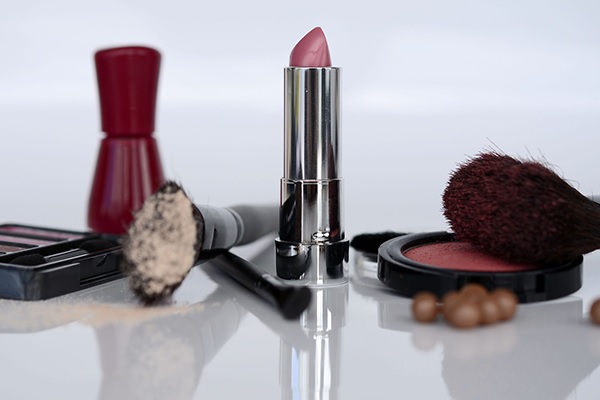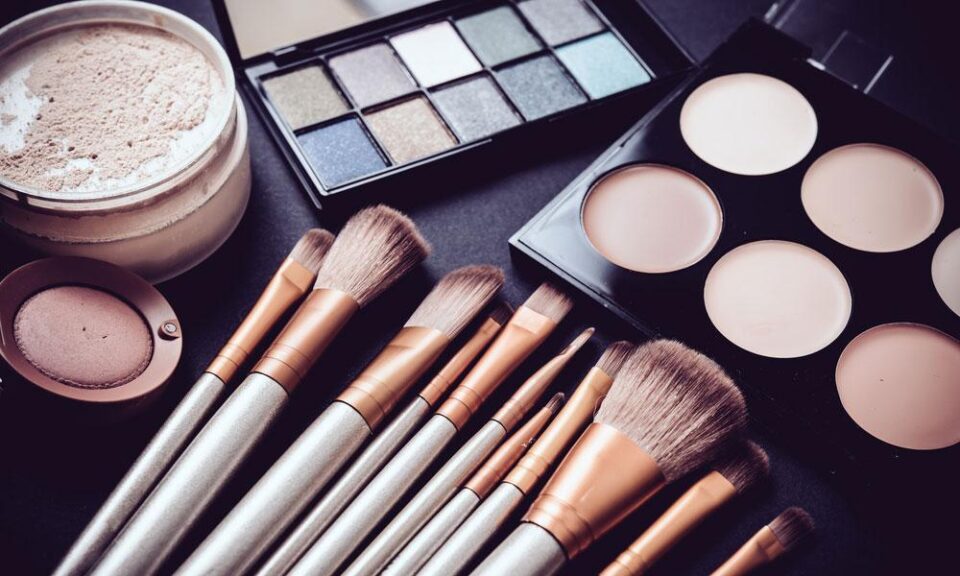Beauty products are a billion-dollar industry, and every day there seems to be a new product on the market promising to make us look younger, fresher, and more beautiful. But with so many options available, it can be difficult to know which products are worth investing in. That’s where science comes in. By understanding the science behind beauty products, we can make informed decisions about what really works.
The Basics of Beauty Product Science

Before delving into specific products, it’s important to understand the basics of beauty product science. Many beauty products work by altering the structure or function of our skin or hair. For example, moisturizers work by hydrating the skin, while exfoliants work by removing dead skin cells. Other products, like anti-aging creams, work by stimulating collagen production or reducing inflammation.
It’s also important to note that not all beauty products are created equal. Some products may contain harmful ingredients, while others may simply not be effective. That’s why it’s important to do your research and choose products that are backed by scientific evidence.
Anti-Aging Products
One of the most popular types of beauty products on the market today are anti-aging creams and serums. These products promise to reduce the appearance of fine lines, wrinkles, and other signs of aging. But do they really work?
The answer is yes, but with some caveats. Many anti-aging products contain ingredients like retinoids, peptides, and antioxidants, which have been shown to improve the skin’s texture and reduce the appearance of fine lines and wrinkles. However, it’s important to note that these products won’t work overnight, and they may not work for everyone. Additionally, some anti-aging products may be too harsh for certain skin types, so it’s important to choose products that are appropriate for your skin.
Acne Products
Acne is a common skin condition that affects many people, especially teenagers and young adults. Fortunately, there are many acne products on the market that can help reduce the appearance of acne and prevent future breakouts.
One of the most effective acne-fighting ingredients is benzoyl peroxide. This ingredient works by killing the bacteria that cause acne and reducing inflammation. Salicylic acid is another common ingredient in acne products, and it works by exfoliating the skin and unclogging pores.
It’s important to note that not all acne products are created equal. Some products may be too harsh for certain skin types, while others may not be effective. Additionally, it’s important to use acne products as directed and to be patient, as it can take several weeks to see results.
Hair Care Products
Beauty products aren’t just for the skin – there are also many products on the market designed to improve the health and appearance of our hair. From shampoos and conditioners to hair masks and styling products, there’s no shortage of options when it comes to hair care.
One of the most important things to look for in hair care products is ingredients that nourish and strengthen the hair. Ingredients like keratin, biotin, and protein can help improve the overall health and appearance of the hair. Additionally, it’s important to choose products that are appropriate for your hair type, whether you have curly, straight, or color-treated hair.
The Bottom Line
When it comes to beauty products, there’s no shortage of options on the market. However, by understanding the science behind these products, we can make informed decisions about what really works. Whether you’re looking for anti-aging products, acne-fighting products, or hair care products, it’s important to choose products that are backed by scientific evidence and appropriate for your skin or hair type.

